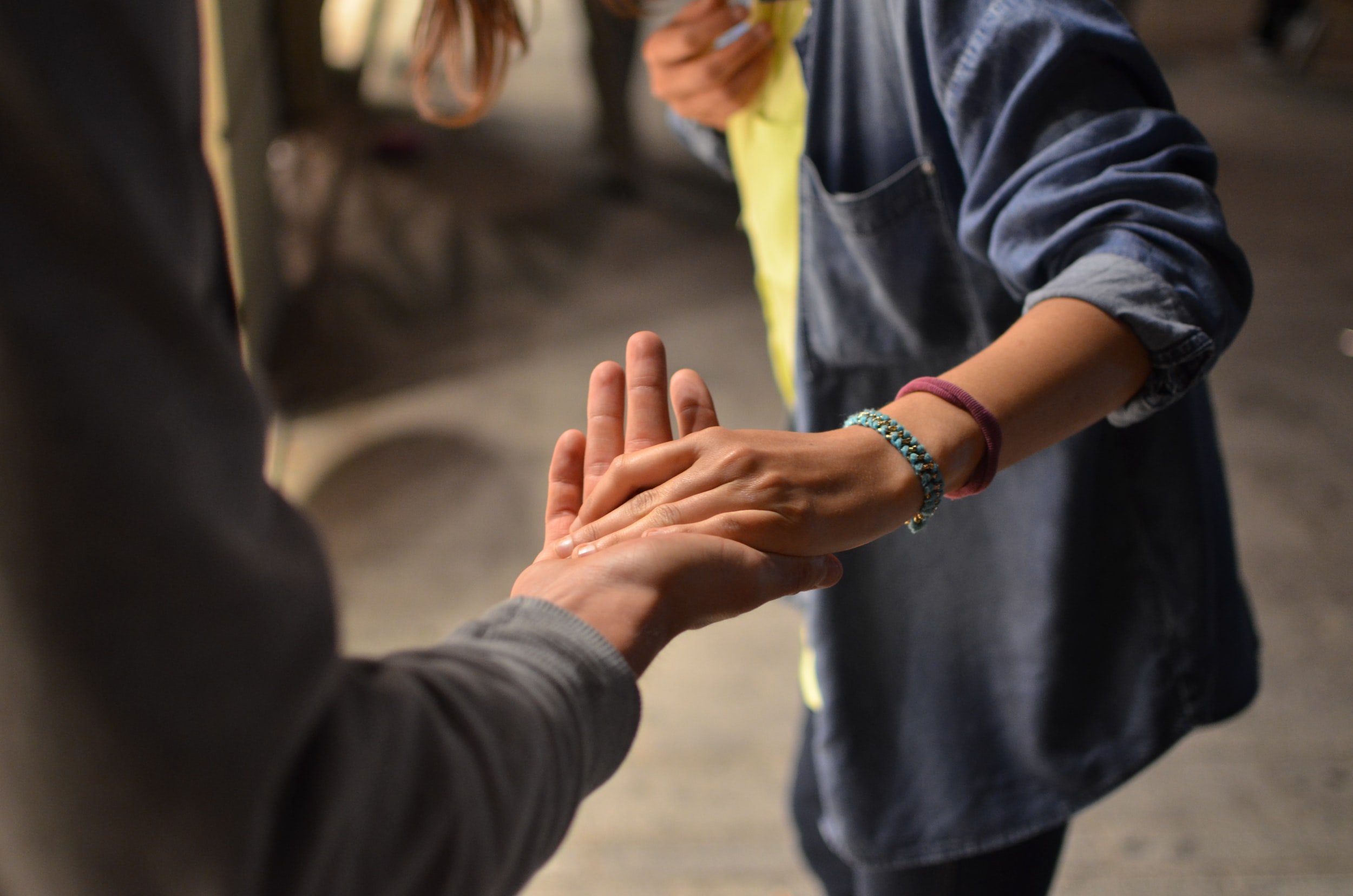
Search our site…
Radicalisation
Radicalisation is when someone starts to believe or support extreme views. They could be pressured to do things illegal by someone else or they might change their behaviour and beliefs and believe that sexual, religious or racial violence is OK. Extremists might target them and tell them they can be part of something special and brainwash them into cutting themselves off from their friends and family. Radicalisation can be really difficult to spot but children who are at risk of radicalisation may:
Have low self-esteem, feel isolated and lonely or wanting to belong.
Be victims of bullying or discrimination.
Be unhappy about themselves and what others might think of them.
Be embarrassed or judged about their culture, gender, religion or race.
Feel stressed or depressed.
Feel angry at other people or the government.
Feel confused about what they are doing.
Feel pressured to stand up for other people.
If you are worried about a Young Person and feel that they are vulnerable to radicalisation please contact Suffolk’s Customer First on 0808 800 4005 for advice.
The NSPCC Helpline offers support to adults and you can call them to discuss your worries. Children can contact Childline if they're worried that they're being influenced by other people or if they're worried about terrorism. The helplines offer a safe, non-judgmental space where adults and children can talk to them confidentially. However, if a child was thought to be at significant risk of harm, they would alert the appropriate authorities, as they would in any case where a child's safety is in serious question.
NSPCC Helpline – 0808 800 5000
Childline – 0800 1111
Reporting Terrorist or Extremist Related Information
he National Counter Terrorism Internet Referral Unit (CTIRU) initiative allows anyone with any concerns, about terrorist or extremist-related material found on the internet, to report them anonymously online.
